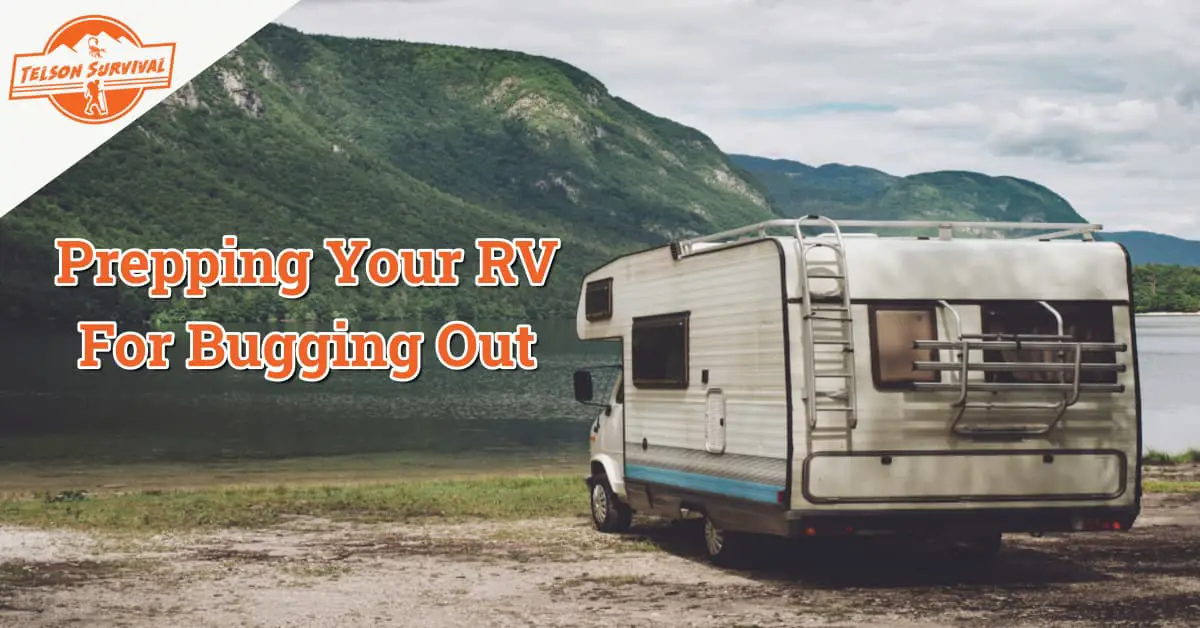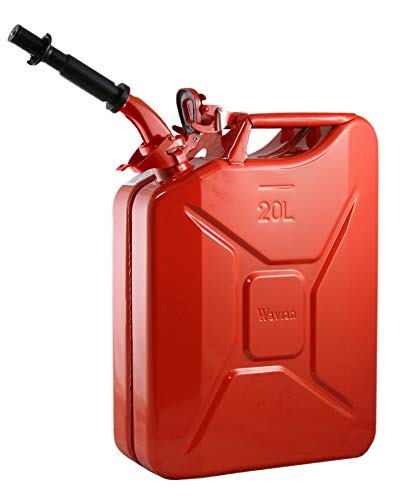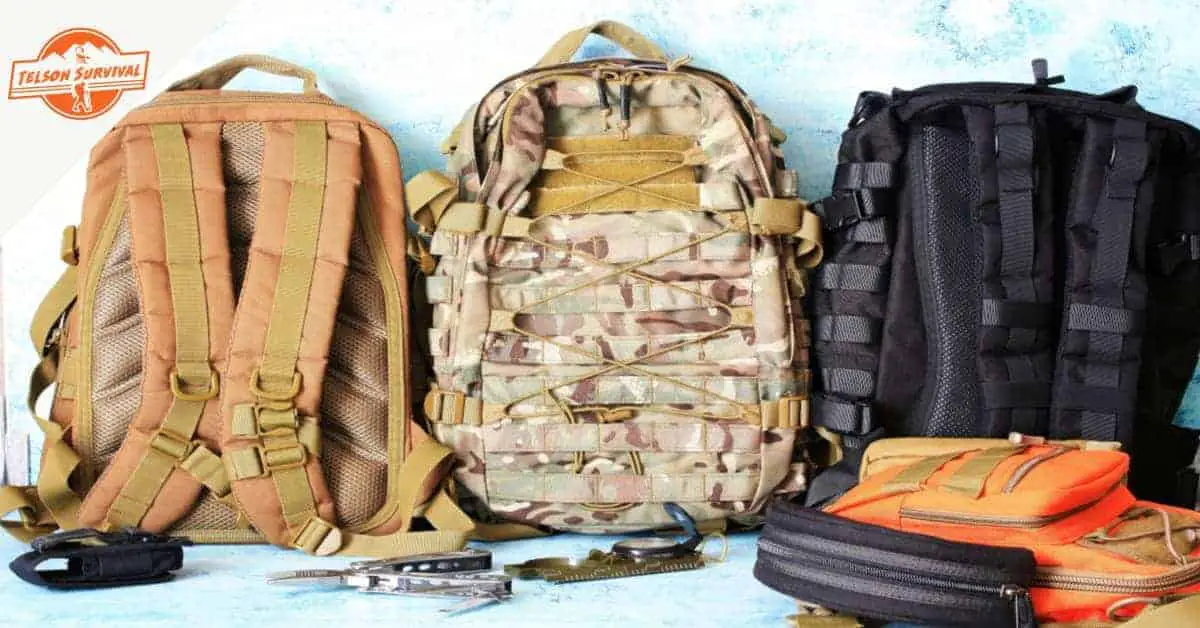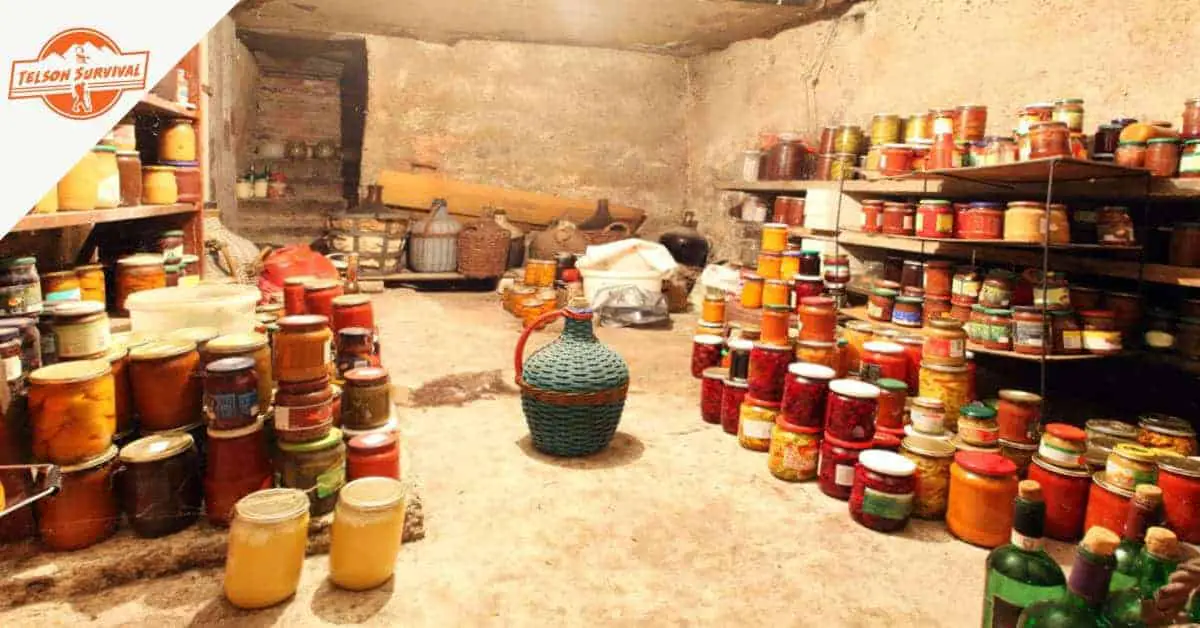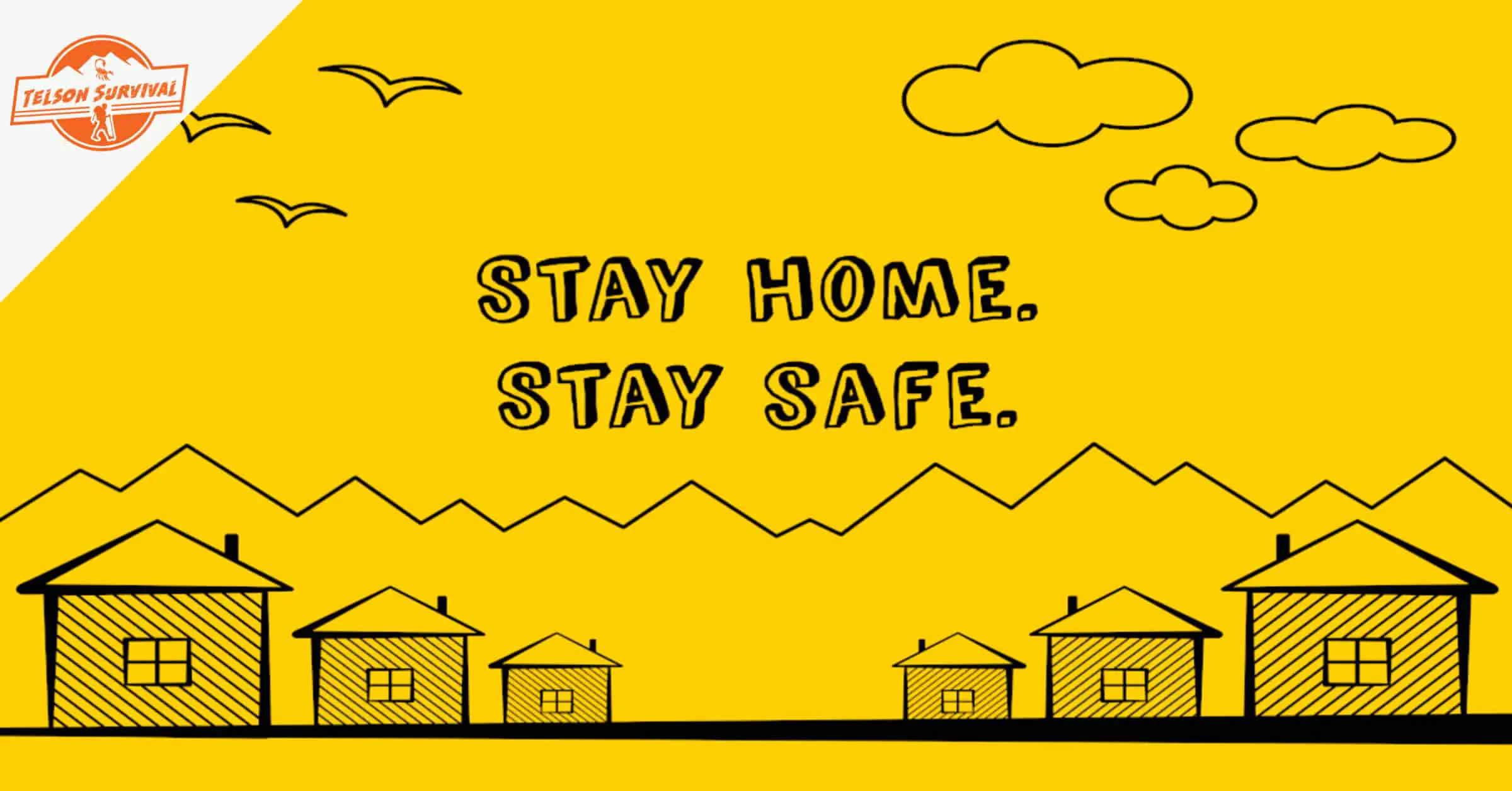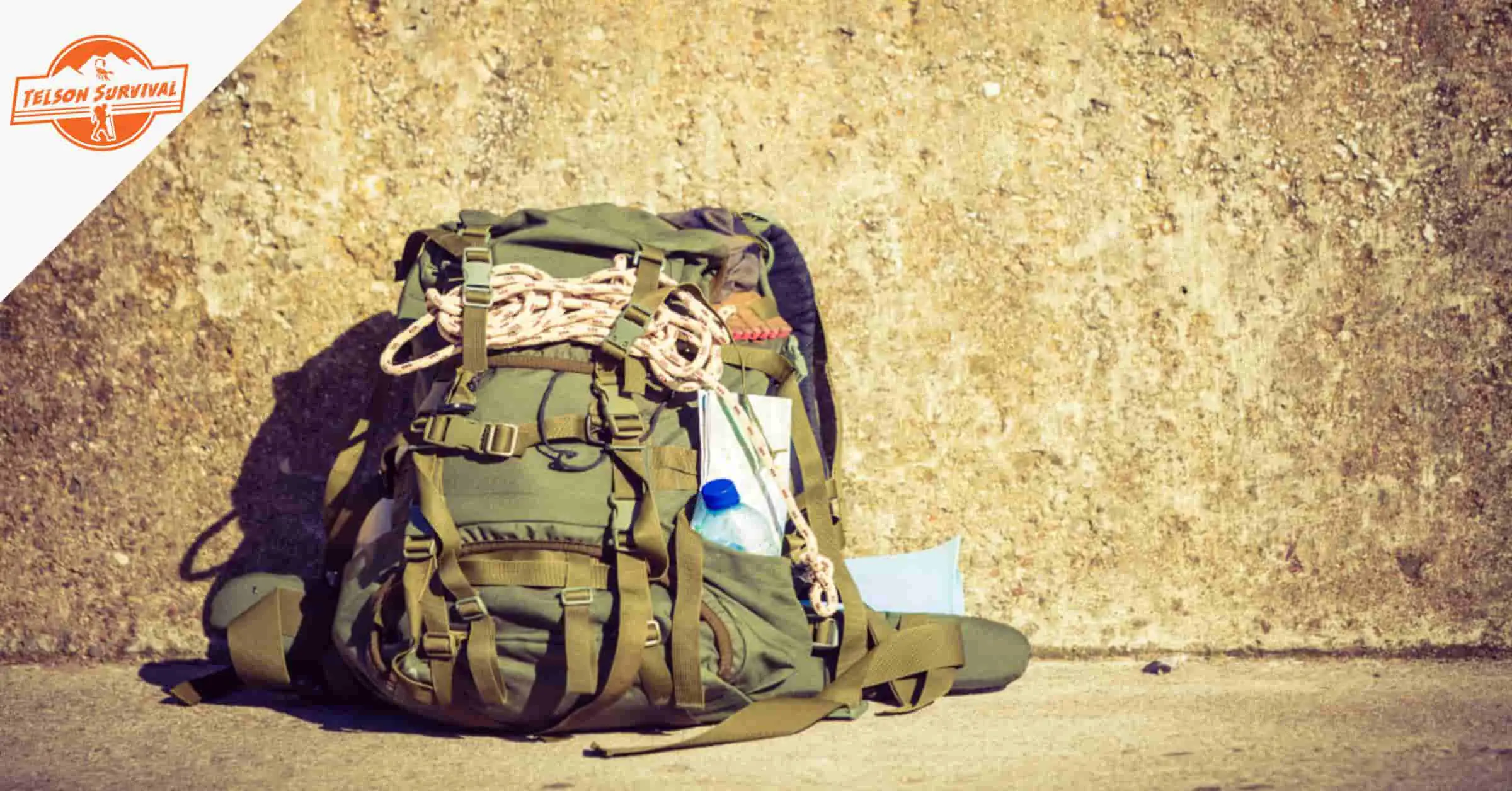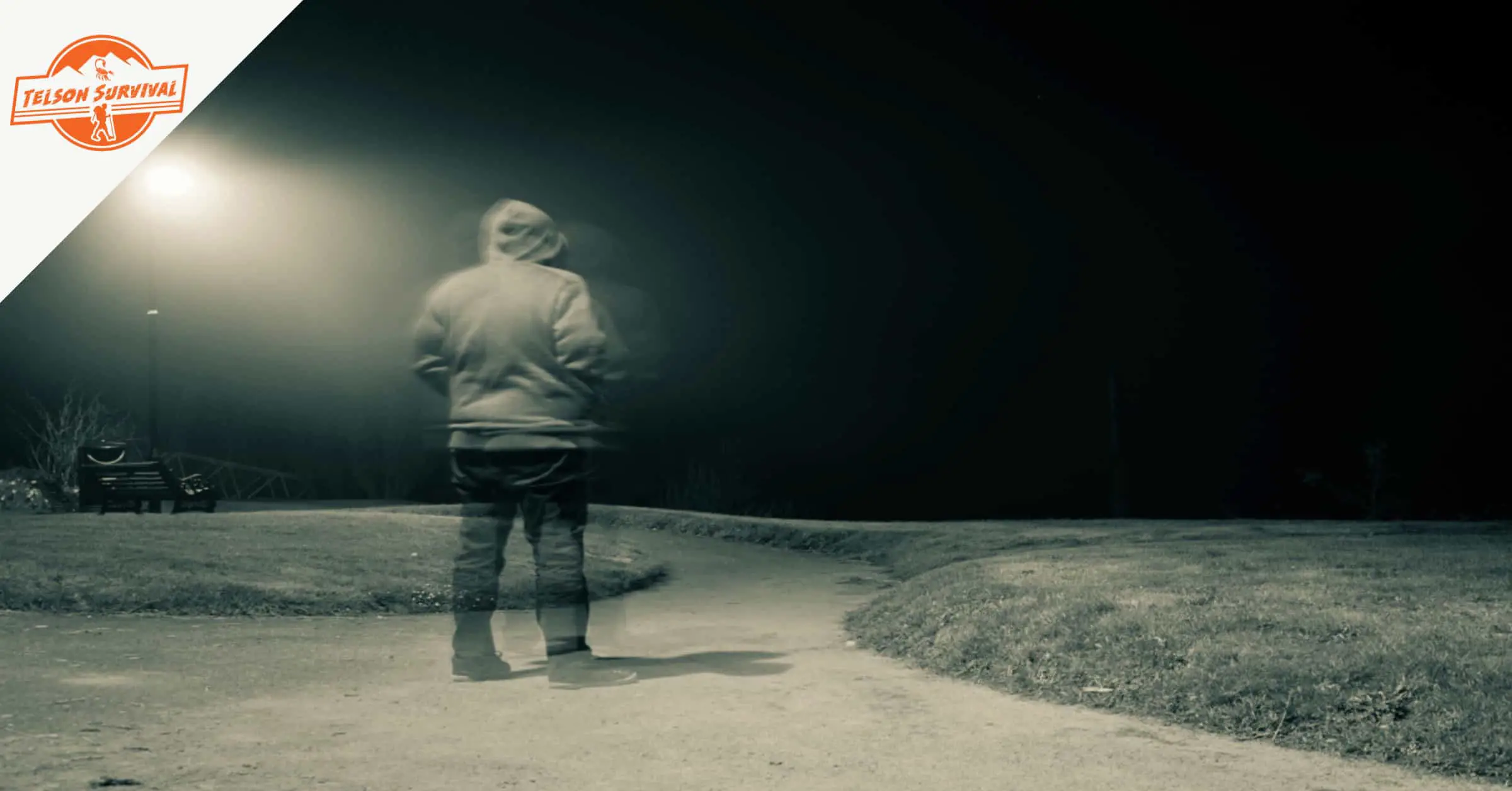Life on the open road certainly requires an open mind if you're to adapt fully to the end of the world. An RV is a solid choice as far as bug-out rides go, but there is a LOT of hard work ahead of you if you opt for one. Let's talk about it.
Today, we take you through a comprehensive guide to surviving in a recreational vehicle. We list the pros and cons of RV life, as well as some essential must-haves and how-to-dos. We will also look at one’s long-term survival prospects in an RV. Buckle up.
Seeing out a crisis in a recreational vehicle will require good stocks of essential supplies and several key skills. Preppers must also know the benefits and drawbacks of owning and operating an RV. For example, RVs are excellent people carriers but they are known gas guzzlers. Personal preference is also a big consideration for the long-term viability of RV life.
Is bugging out by RV viable for preppers?
Like a lot of things in life, life in a survival RV is a matter of different strokes for different folks. Some people will be more naturally inclined to life on wheels while others may miss the familiarity of waking up to the same sweet neighborhood.
However, when SHTF, some people may be forced to endure strokes that put them out of their comfort zone. Depending on the nature of the crisis, you may be forced to evacuate your regular home. Walking is only viable if you have a clear (and prepped) destination within reasonable walking distance.
If walking is out of the question, you will need to pick a vehicle. This involves comprehensive pros and cons lists, endless owner feedback on Reddit, and countless hours in sweltering car lots. Ultimately, your choice should reflect your needs and budget.
If any of those needs extend to dedicated sleeping areas, cooking facilities, hygiene facilities, and other household amenities, then there’s nothing on wheels that will beat an RV.
“Recreational vehicle” is a term with a very loose definition as far as form factor goes, although there is a classification system used to identify specific types of RV. Models within classes vary in terms of size, features, build quality, price, etc.
With that said, RVs all share the same basic tenets of livability and storage space. This applies to small camper trailers as much as it does to gargantuan class A coaches.
The main consideration when it comes to getting a bug out RV is your budget. While they are admittedly quite pricey on average, there is an RV or camper for most budgets. This is a surprisingly competitive market, which is a big advantage for buyers.
If you simply cannot afford a new RV that ticks your boxes, you shouldn’t worry too much. There are countless used motorhomes and trailers for sale all over the country and a quick search through the Internet should reveal dealers in your area. Just make sure to carry out thorough inspections because these vehicles are notoriously prone to rust and mold.
RVs present a lot of benefits for preppers, especially storage space and dedicated sleeping space. Sleeping in a regular car seat is not the best long-term solution for you. Good rest is essential, and doubly so during emergencies, so a dedicated sleep area in your vehicle is a bonus.
Storage space is perhaps the most important thing for the prepper on the go. Another problem with walking is your limited carrying capacity. At most, you are restricted to a bug-out bag and maybe some utility belts. However, a bug-out bag can only hold so much gear and supplies.
Large RVs can hold a lot more stuff. You can store enough food supplies to last you and your family for months at a time. RVs often have water reserve tanks, black water/ablution reserves, and water heaters so you have enough water for your basic cooking and hygiene needs.
In most cases, an RV will also have cooking facilities. This is great for preparing home-style meals and snacks. You can also get a kitchen sink (or two), countertops, refrigerators, freezers, and so much more. No need to just live off tinned beans and dry starches for basic nutrition. RVs allow you to feast as you would at home.
Depending on the size (and price), an RV could also have lush lounging areas and sun-soaking awnings that create a verandah anywhere you drop anchor for camp. Real outdoor living.
All preppers know that if it seems too good to be true, it probably is. This sentiment rings true for RVs, which have serious negatives. We will talk about these in-depth a bit later, but here they are in brief:
- Not very fuel-efficient
- Expensive (even smaller camper trailers)
- Stand out enough to attract looters
- Poor maneuverability
- Not great off-roaders
- DIY repairs are difficult / impossible for modern RVs
- RVs are not very fast
Ultimately, the viability of bugging out in an RV depends on a variety of factors including your location, budget, personal preferences, and more.
We’ll also talk about the steps you can take to prepare your motorhome for post-apocalyptic life.
RV Bug out: benefits & drawbacks
Let’s take a look at some of the pros and cons of RV survivalism. Like with any vehicle choice, RVs can offer loads of unique benefits and a certain degree of compromise. At the end of the day, it’s all about what you can live with. So, let’s kick off with the advantages:
Storage and passenger capacity
These two are arguably the most important attributes of recreational vehicles. As we have already suggested, you need more than just a bug-out bag if you're to make it through the end of the world. The ability to stock up on as many supplies, tools, and gear as possible is priceless, especially in remote areas.
People carrying is also crucial. Very few people will go the lone prepper route, so a bug-out vehicle that can carry your family, friends, or pets is a top priority for a lot of people. RVs also offer dedicated beds and lounge areas that will afford you and your companions a good night’s sleep.
Amenities
Evacuating your home to go bug out in an RV is also beneficial to those who just can’t let go of those sweet home comforts. TV? Hot showers? Rocking chairs? You name it, and there’s probably an RV that has it.
Depending on your needs (and wallet), you can get amenities that can make life in the wilderness a little easier. A lot of modern motorhomes are solar-powered and feature water reserve facilities and heaters. Sweet.
Substitute for an actual house
Of course, if you wanted, you could retire the "motor" in "motorhome" and park your RV indefinitely as a bug-out shelter, just like with trailer parks. This move could actually be cheaper than building a bug out home from scratch.
RVs have similar levels of livability and security to a house, which is also nice. If need be, you could put barriers like razor wire and chival de frise, to trip up a few stray zombies while you get some shuteye.
Carrying auxiliary vehicles
A large enough RV can accommodate smaller vehicles like ATVs, motorcycles, and bug out bicycles. Some class A coaches can even be modified to house sleek sports cars.
You can use your auxiliary vehicles while camped to save the RV's fuel.
Your choice of awesome camping sites
North America is home to some of the most spectacular landscapes on earth. For RV owners, that means you can wake up to a magnificent “backyard” of your choice every day. Nice.
You can also camp right beside large rivers during salmon season. Just beware of bears!
Now, let’s take a look at the negatives.
Bulk and poor handling
RVs are large and cumbersome vehicles on tight roads and they hardly fare better off-road. To be fair, reversing and 360-degree camera technology has made parking and reversing infinitely easier. However, no number of cameras can help you in a traffic jam from hell.
Lack of pace and gas-guzzling
We’re talking about non-trailer RVs here. Trailers can be as quick as the towing vehicle (obviously).
Motorhomes are not that quick. That’s not what they’re made for. You have stew on the stove after all.
RVs are also notorious for their low MPGs. They are decent at best on the highway, but an absolute nightmare in stop-start driving. Fuel canisters are a must.
Last update on 2025-01-14 / Affiliate Links / Images from Amazon Product Advertising API
Exposure
RVs stand out a lot. This isn’t a bad thing in normal circumstances. However, in a bug-out scenario, other survivalists might get desperate. A massive RV or camper might prove too great a temptation for starving folks. Watch out, things could get nasty.
Difficulty of repair
We’ve already hinted at the levels of technology that modern RVs boast. The only problem is what happens if things start to break down while you are cut off from manufacturer support. These machines are basically spaceships, especially where electricals and electronics are concerned.
Older RVs have more basic mechanics and wiring, but they have potential problems in other areas. Motorcycles and bicycles are much better options if you want the easiest DIY repairs.
Fungal funk
RVs and trailers are notoriously prone to mold and mildew with repeated exposure to the elements and occasional water spillages or flooding. You might want to look for a trailer or RV with anti-corrosion features (e.g., aluminum design).
Steps to prepare your RV for bugging out
Now that you have your dream RV, what next? How do you get ready for Doomsday?
The first thing you need to do is STOCK, STOCK, STOCK. We're talking about as much food and drinking water as your RV can manage. You also need to invest in hygiene and medical supplies that will last for the foreseeable future. If your motorhome has refrigerators, even better. Keep these supplies ready and packed at all times.
Next, you will need active survival gear. This includes your tools, weapons, devices, maps, and literature. A good library of survival books and magazines can give you key information when you least expect it. With a well-equipped ride and a well-equipped mind, survival just might be doable.
The next thing you want to do is enhance your RV’s security. Door locks, security cameras, and alarms are some of the standard measures you can take. Also, a mean Rottweiler wouldn’t hurt…you.
Last update on 2025-01-14 / Affiliate Links / Images from Amazon Product Advertising API
You might also want to change the RV’s exterior. Perhaps beefing it up with armor plating, or painting it to a less flashy color. Whatever changes you make to the RV must serve a function.
You will also need supplies for the vehicle itself. Things like oil, jumper cables, and spare tires must be at the ready whenever they are needed. You also need tools for the things you can fix. Books on servicing RVs could also enhance your mechanic skills.
Last update on 2025-01-14 / Affiliate Links / Images from Amazon Product Advertising API
Essential RV survival gear and tools
Thanks to the amount of space in an RV, you can store a whole lot of gear and essentials. Let’s quickly run through a few examples.
Emergency gear
It won’t always be smooth sailing out there. The journey to survival is often laden with obstacles, so make sure your RV is ready.
Getting stuck in the mud while off-roading is one such hindrance. This is why you should get a winch and a shovel or two. A vehicle escape tool is also a must-have.
One can’t think of an RV without thinking of Breaking Bad’s Walter White. Much like the fictional chemist, you might want to keep a gas mask on hand. You will travel to all sorts of places with all sorts of problems. Some of these problems include hazardous air pollutants, particularly from industrial waste.
No products found.
Communication
Staying in touch with the outside world will be key. Tools like computers, mobile phones, and police scanners are just a few ways you can keep your finger on the pulse.
Effective communication can help you establish the extent of the crisis at hand, so you know which places to head to and (more importantly) which places to avoid completely.
Last update on 2025-01-14 / Affiliate Links / Images from Amazon Product Advertising API
Maintenance and repairs
Living in an RV will require you to be a mechanic, an electrician, a plumber, an interior designer, and much more.
To juggle these roles, you will need different tools and supplies. A screwdriver set is always handy for repairs and maintenance, as is a wrench set. You will also need pliers, duct tape, zip ties, tire repair kits, and pressure gauges. A tire pump is also a necessity, and a flashlight could be a lifesaver during nighttime breakdowns.
Try to stock up on some spare parts and accessories for your RV. Things like spare bolts and nuts should be labeled and stored somewhere safe.
Last update on 2025-01-14 / Affiliate Links / Images from Amazon Product Advertising API
Health and fitness
You should also keep a few supplies to cater to your physical well-being. First aid kits, bandages, alcohol (for wounds!), and monitoring devices are just some of the things you can include as part of your gear.
To stand the best chance out there, you will need decent fitness levels. You will need to counteract the countless hours spent sitting down. Things like jump ropes and yoga mats are easy to use and even easier to store.
Convinced that bugging out by RV is the right plan for you? Then check out our recommendations for the best RVs to buy for bugging out.
How to make your RV safe and secure in case SHTF
We've already seen that RVs can attract a few…bad elements. The biggest threat out there will be other survivalists. Unfortunately, some people feel the need to try to capitalize on the hard work of others. You also have wild animals to worry about, so security is of the utmost concern.
The most basic security upgrades you can make include the aforementioned locks and alarm systems. You can install door screens to make access even more difficult. Security cameras are a standard security feature on RVs today too.
However, perhaps the best way to stay safe is through your actions. You can make sure doors and other access points are locked at all times. Also, try to research a particular area's crime data.
Wherever possible, link up with fellow RV preppers you can trust and form trailer parks. As you move from camp to camp, you assign each other with lookout duty, patrols, and scouting.
You might want to be armed too. American civilians are the most heavily armed in the world, and most of them are armed in anticipation of such crises. There is a good chance that anyone bold enough to approach your RV will be armed. You also want to practice with your firearms as much as possible to build up enough muscle memory.
Avoid setting up camp DEEP in the heart of the woods. This is serial killer territory for a reason…no witnesses. Stay in, or near, public places. Also, avoid flashing cash and other valuables unnecessarily, even in a communal trailer park.
How long could you bug out by RV?
There is no one answer to this question. Different factors can contribute to the longevity of RV survivalism.
One factor is the longevity of supply stocks. This is especially true for food and water. Once you run out of these, you are on the clock and each passing day will bring you closer to the end.
Another factor is mobility and access. If your mission involves getting to a particular destination, then your RV’s mobility is crucial. If for some reason (empty fuel tank, obstacle, irreparable breakdown, robbery), your RV cannot proceed with your journey, you may be forced to abandon it. In such a scenario, you will have to proceed on foot or an auxiliary vehicle.
That said, it is very possible to live out the rest of your days in an RV. With the right attitude, resourcefulness, supplies, and a bit of luck, you can easily bug out in a motorhome for years and years.
Bugging Out By RV Conclusions
As you have seen, recreational vehicles are ready and capable of the transition to survival vehicles.
Preppers can take a wide number of steps to prepare their RV s for the coming dystopia. Without a doubt, proper RV prepping can earn you a one-way ticket to survival.

